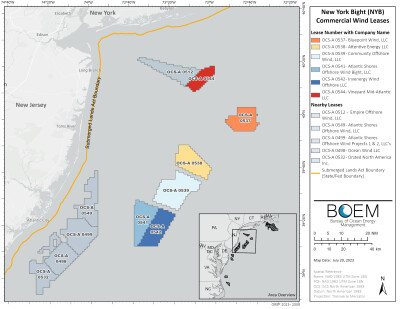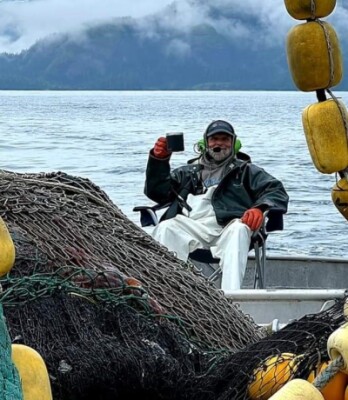WASHINGTON – As Congress prepares to revisit the law governing how U.S. fishermen ply their trade, New England's beleaguered groundfish industry illustrates the challenge of reviving a historic fishery in the face of climate change and other factors.
For some, the industry's struggle to survive is cited as proof that current federal fisheries regulations are too rigid to respond to unique circumstances. But for others, the regulations are seen as the type of strong, science-based management that should have been in place decades ago.
"I'm not happy that we've been doing this since 1976 and we are in no better shape than we were. We're worse, actually," said Glen Libby, a Port Clyde fisherman and co-op president who supports the sharp reductions in the catch that fisheries managers put into effect this month. "People are not happy with the cuts, ... but if we take the cuts and three years from now we have more fish in the water, then we did the right thing."
"I think the most important thing is building more flexibility" into the law, said Terry Alexander, a Harpswell fisherman and member of the New England Fishery Management Council, which sets catch limits on species. "The arbitrary, 10-year rebuilding time frame is not realistic for us."
Those perspectives and many others were represented Tuesday at a conference in Washington, D.C., attended by regulators and fishermen from across the nation. The big topic involved possible changes to the landmark 1976 legislation governing commercial fishing.
Read the full story at Portland Press Herald>>






